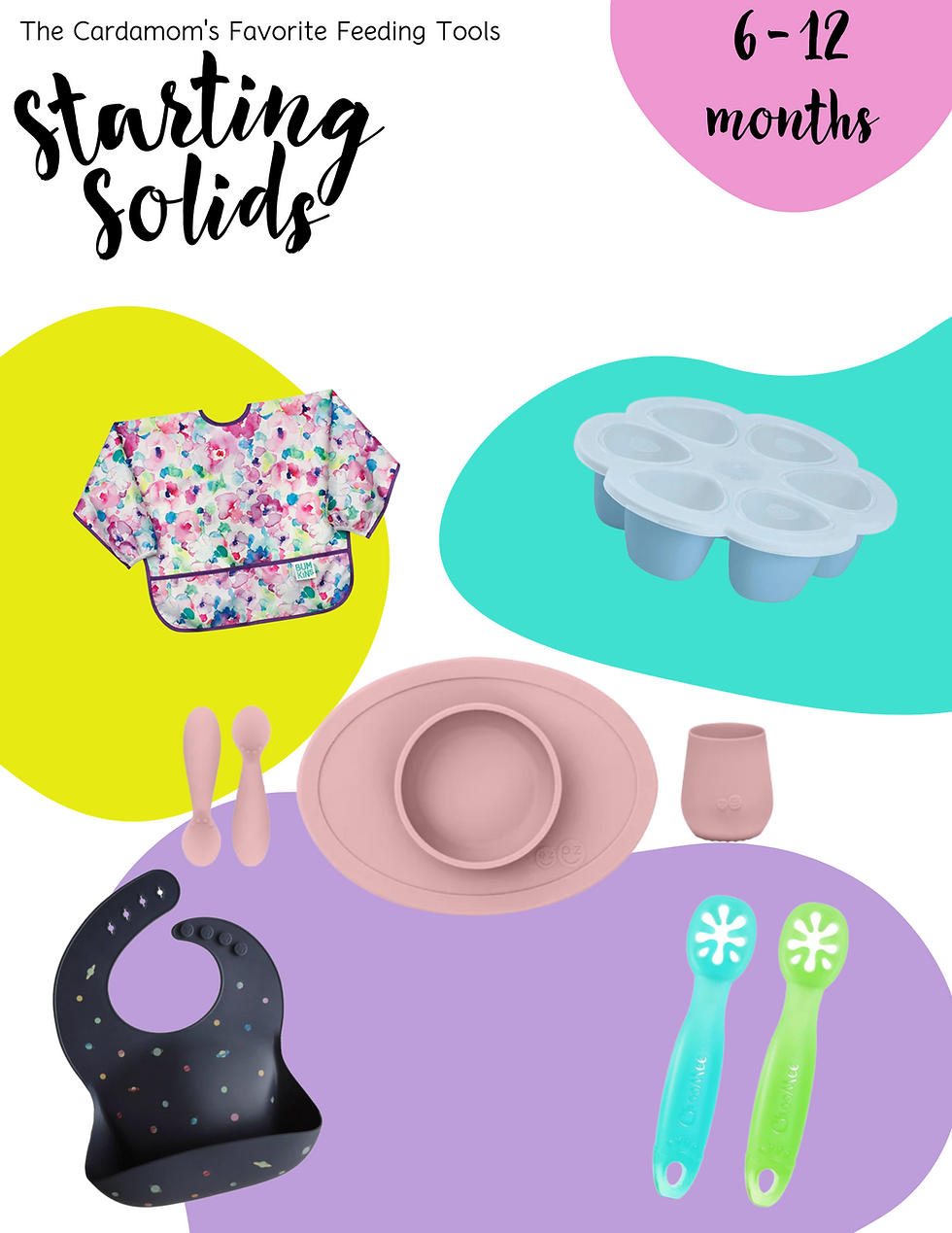How to Help Your Kids Overcome Picky Eating
- Chacha Miller

- Apr 22, 2024
- 2 min read
Updated: Jun 6, 2024
Effective tips for picky eaters that make mealtime less of a struggle
Navigating the world of picky eating with your child can feel like a daunting task. Questions about what's normal, whether your child is getting enough nutrition, and how to encourage healthy eating habits may leave you feeling overwhelmed. But fear not! Picky eating is a common phase, especially as toddlers start to assert their independence and explore their preferences. Let's dive into some strategies to help you and your child navigate this journey together.
Understanding the Division of Responsibility:
In the realm of mealtime dynamics, understanding the division of responsibility is key. As a parent or caregiver, your role is to provide nutritious meals at regular intervals. You decide what, when, and how the food is served. However, it's crucial to empower your child to decide whether and how much to eat. By respecting your child's autonomy, you foster a healthy relationship with food and support their natural hunger and fullness cues.

Empowering Choices and Food Exploration:
Encouraging your child to engage in the meal preparation process can transform mealtimes into exciting adventures. Involve them in grocery shopping, meal planning, and safe cooking tasks. Offering choices within boundaries and introducing new foods gradually can help expand their palate without overwhelming them. Remember, patience and persistence are key as your child learns to navigate their food preferences.
Mealtime Strategies to Help Minimize Picky Eating:
Creating a positive mealtime environment is essential for fostering healthy eating habits. Eating together as a family and limiting meal distractions can reduce stress and promote enjoyable dining experiences. Additionally, modeling healthy eating behaviors and offering child-sized portions of the same foods can encourage your child to try new things.
Encouraging Exploration and Curiosity With New Food:
Approaching new foods with curiosity and playfulness can make the experience more enjoyable for your child. Engage their senses, ask open-ended questions, and encourage food exploration without pressure. Remember, it's okay if they don't immediately embrace new foods—repeated exposure is key to expanding their palate over time.
Avoiding Food Bribes and Restrictions:
Using food as a reward or punishment can create negative associations and disrupt your child's natural hunger cues. Instead, offer treats in moderation alongside meals to normalize their role in a balanced diet. Avoiding strict food restrictions and promoting a healthy balance fosters a positive relationship with food and reduces the allure of perceived "forbidden" items.

Monitoring Growth and Development:
While picky eating is often a normal phase, certain red flags warrant attention. Keep an eye out for signs of chewing or swallowing difficulties, frequent choking, or significant changes in weight or growth. If you notice any concerning symptoms, don't hesitate to consult your pediatrician for guidance and support.
Consistency and Patience with Picky Eaters:
Navigating picky eating with your child requires patience, persistence, and a willingness to adapt. Remember, every child is unique, so it's essential to experiment with different strategies to find what works best for your family.
Embrace the journey of exploring new foods together and celebrate small victories along the way. You're doing a great job—keep up the fantastic work!





Comments